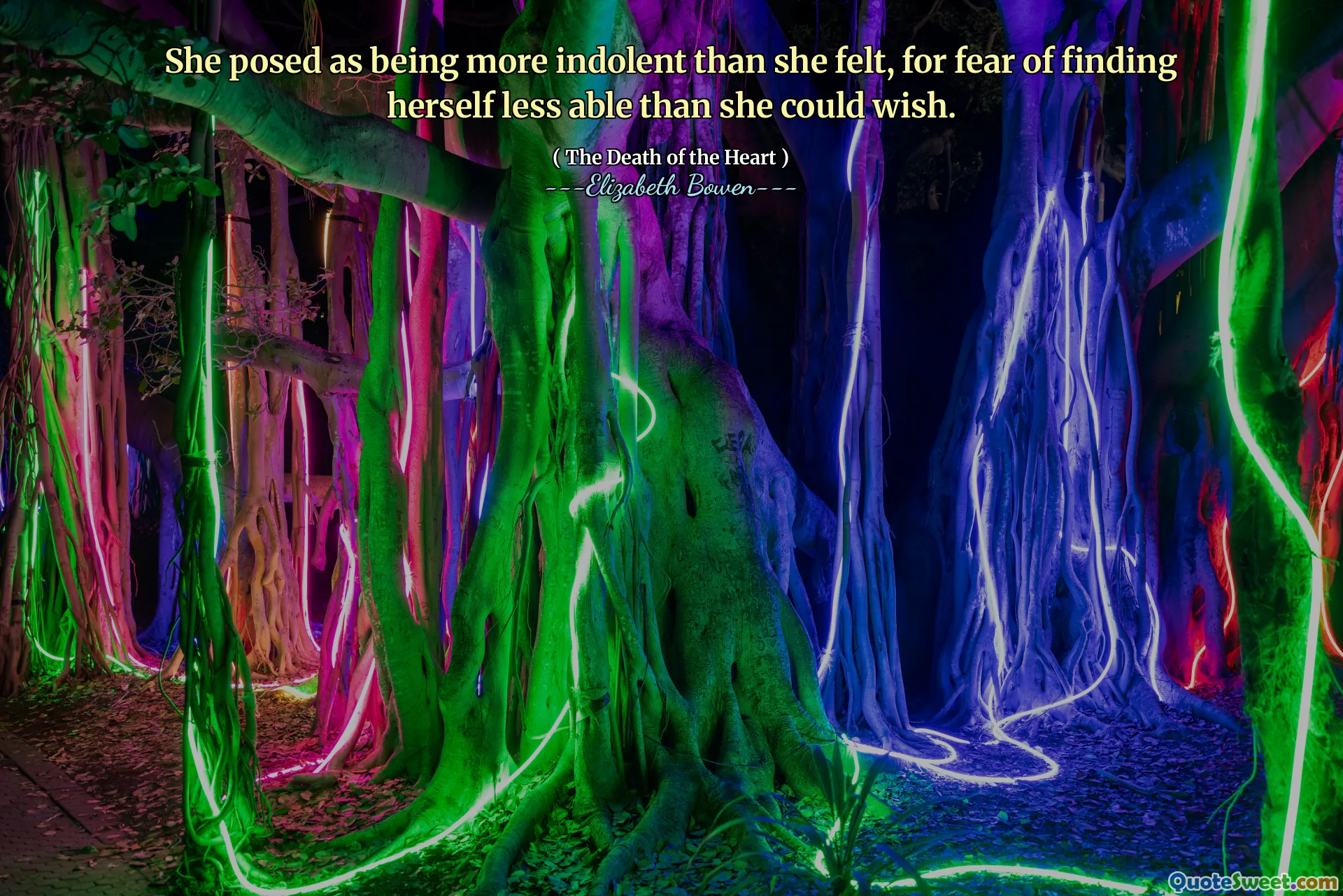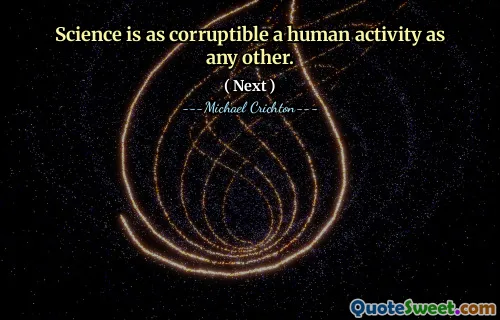
She posed as being more indolent than she felt, for fear of finding herself less able than she could wish.
This quote illuminates the complex interplay between self-perception and vulnerability. By consciously feigning a higher degree of indolence, the individual attempts to shield herself from the potential disappointment of discovering her own limitations. It highlights a common human tendency to hide or exaggerate certain traits as a defense mechanism, often driven by fear of inadequacy. In our daily lives, many people adopt similar strategies—perhaps stretching the truth about their abilities or downplaying their efforts—to avoid criticism or self-doubt. This act of posing as less capable than one truly is can serve as a protective barrier, safeguarding one’s confidence in moments where vulnerability might otherwise be exposed. Conversely, it also raises questions about authenticity and self-awareness. Are we truly honest with ourselves about our capacities, or do we hide behind façades to maintain a certain image? Such behaviors underline the importance of genuine self-acceptance. Recognizing our true strengths and weaknesses without distortion can lead to more authentic relationships and internal peace. Furthermore, this quote reflects the subtle dance between courage and fear—between admitting our limitations and the desire to preserve our self-esteem. Ultimately, it reminds us that sometimes, revealing our true self, with all our imperfections, is a more courageous act than concealment. Embracing vulnerability can open pathways to growth, understanding, and genuine connection rather than shielding ourselves from the risk of disappointment.
(Book: 'The Death of the Heart') - Author: Elizabeth Bowen


